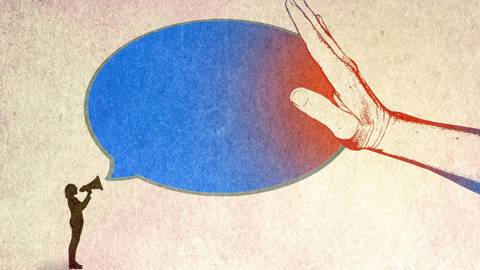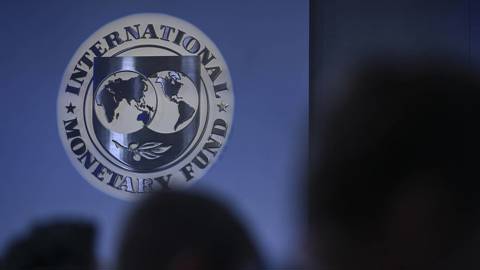https://prosyn.org/PtfEwIi
New Comment
Email this piece to a friend
Contact us
Please select an option
Please wait, fetching the form
Please wait, fetching the form
Please wait, fetching the form
Please wait, fetching the form
Please wait, fetching the form
Please wait, fetching the form
Please wait, fetching the form
We hope you're enjoying our PS content
To have unlimited access to our content including in-depth commentaries, book reviews, exclusive interviews, PS OnPoint and PS The Big Picture, please subscribe










Recently I was asked a very reasonable question. When households and firms are deleveraging, why should this decrease demand? Intuitively, when one household decides to pay back debt, that household’s wealth decreases and the wealth of the creditor increases. While the debtor can spend less, the creditor can spend more.
Subscribe to PS Digital
Access every new PS commentary, our entire On Point suite of subscriber-exclusive content – including Longer Reads, Insider Interviews, Big Picture/Big Question, and Say More – and the full PS archive.
Subscribe Now
Lending is a transfer between lenders, who have more money than they wish to spend, to borrowers, who wish to spend more than their current income. It does not follow that if borrowers pay back lenders, the lenders will then spend more. We need to distinguish between asset swaps and spending decisions. The borrower wants to reduce debt and decides to consume less to do so. The lender therefore has cash instead of loans on the books – but that does not mean he or she will spend more. In fact, the recipient is likely to hoard the money paid back if there is an increase in economic uncertainty, in which case the transfer of asset leads to a fall in demand. This is exactly what the banks have been doing in the recent crisis.